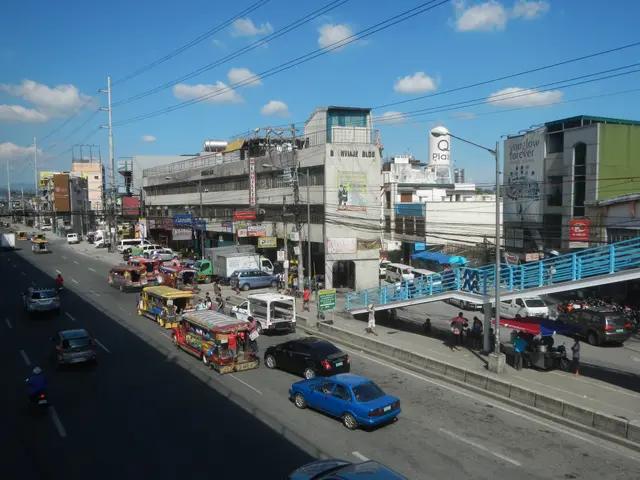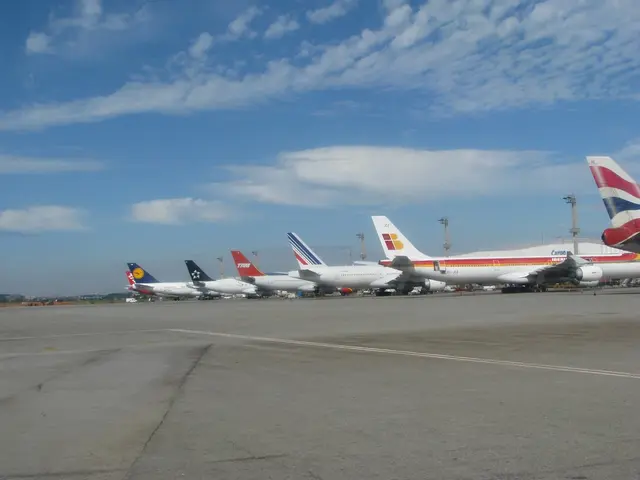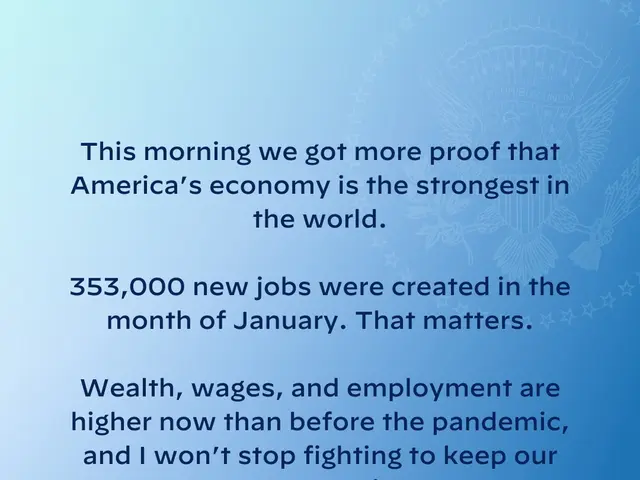Disruption of traffic flow in Hamburg's primary avenue due to ongoing construction projects - Road construction underway on primary highway in Hamburg
Elbgaustraße Renovation Begins, Affecting Major Hamburg Traffic Route
Effective Thursday, a two-year renovation process will commence on Elbgaustraße, a vital traffic artery in northwest Hamburg. The übersee taxi services have announced that traffic heading towards Lurup will be diverted as a one-way street through the construction area near S-Bahnhof Elbgaustraße.
Drivers bound for Eidelstedt must adhere to a detour that leads via Farnhornweg and Schnackenburgallee, passing by Barclays Arena and Volksparkstadion. Anticipate several complete closures in 2026. Completion of the revamp is scheduled for the end of May 2027.
Buses to be rerouted
The 1.8-kilometer stretch accommodates up to 36,000 vehicles daily, many of which are buses halting at S-Bahnhof Elbgaustraße. During the construction period, bus lines bound for Eidelstedter Platz/Schnelsen will be rerouted.
Currently a two-lane road, beset with congestion, the Elbgaustraße is slated to introduce bike-friendly lanes and expanded bus stops. However, the shared paths for cyclists and pedestrians under the approximately 200-meter-long railway underpass will remain. By 2027, the Elbgaustraße will incorporate bike route 18.
Portions of Elbgaustraße are currently under construction already. Hamburg energy networks aim to complete laying new power cables by end-August. South of the railway underpass, Hamburg Water has been refurbishing drinking water pipes, leading to the closure of the northbound road since April.
- In light of the Elbgaustraße Renovation, there might be a need for an amendment in the community policy regarding transportation, taking into account the changes in employment patterns due to the construction schedule affecting bus employment and routes.
- Considering the upcoming Elbgaustraße renovation and the anticipated changes in transportation, it would be beneficial for local industries to review their finance policies relating to potential delays or altered routes, thus ensuring minimal impact on employment.








